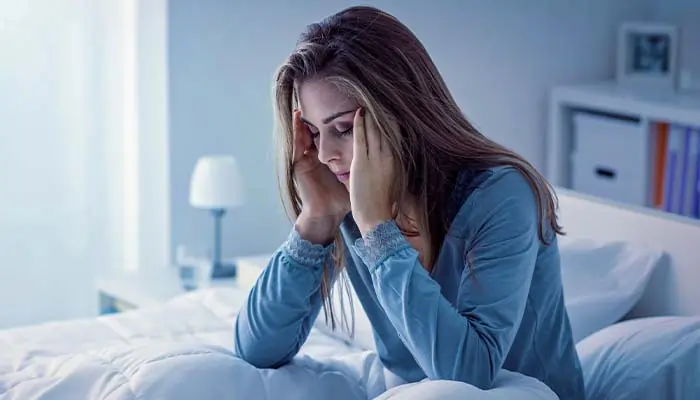Advertisement
Light Therapy
Light therapy involves exposure to bright
light to regulate the body’s internal clock and improve sleep patterns. This therapy can be particularly helpful for individuals with circadian rhythm disorders or those who have difficulty falling asleep and waking up at regular times. Consider the following tips for using light therapy:
- Morning Light: Expose yourself to natural sunlight or a light therapy box for 20-30 minutes in the morning. This helps regulate your sleep-wake cycle and promotes wakefulness during the day.
- Evening Light: Avoid bright light exposure in the evening, especially from electronic devices. This helps signal to your body that it’s time to wind down and prepare for sleep.
Acupuncture
Acupuncture is a traditional Chinese medicine practice that involves inserting thin needles into specific points on the body to promote balance and healing. Some studies suggest that acupuncture can help improve sleep quality and reduce insomnia symptoms by promoting relaxation and reducing stress. If you’re considering acupuncture, seek a licensed and experienced practitioner.
Essential Oils
Essential oils have been used for centuries to promote relaxation and improve sleep. Some popular essential oils for insomnia include:
- Lavender: Known for its calming and relaxing properties, lavender oil can be diffused in the bedroom, added to a warm bath, or applied topically to promote sleep.
- Roman Chamomile: This essential oil has mild sedative effects and can help reduce anxiety and promote relaxation. It can be used in a diffuser or added to a warm bath.
- Bergamot: Bergamot oil has mood-lifting and calming properties. It can be diffused in the evening or added to a carrier oil and applied to the skin.
- Cedarwood: Cedarwood oil has a grounding and calming effect. It can be diffused in the bedroom or added to a carrier oil and applied to the skin.
Supplements
Certain supplements can help promote relaxation and improve sleep quality. Some commonly used supplements for insomnia include:
- Melatonin: Melatonin is a hormone that regulates the sleep-wake cycle. Taking a melatonin supplement can help signal to your body that it’s time to sleep. It’s especially helpful for individuals with circadian rhythm disorders or jet lag.
- Magnesium: Magnesium supplements can help relax the muscles and promote sleep. They are available in various forms, including capsules, powders, and topical sprays.
- Valerian Root: Valerian root supplements are available in capsule or liquid form and can help promote relaxation and improve sleep quality.
- L-Theanine: L-Theanine is an amino acid found in green tea that promotes relaxation and reduces stress. It is available in supplement form and can help improve sleep quality.










